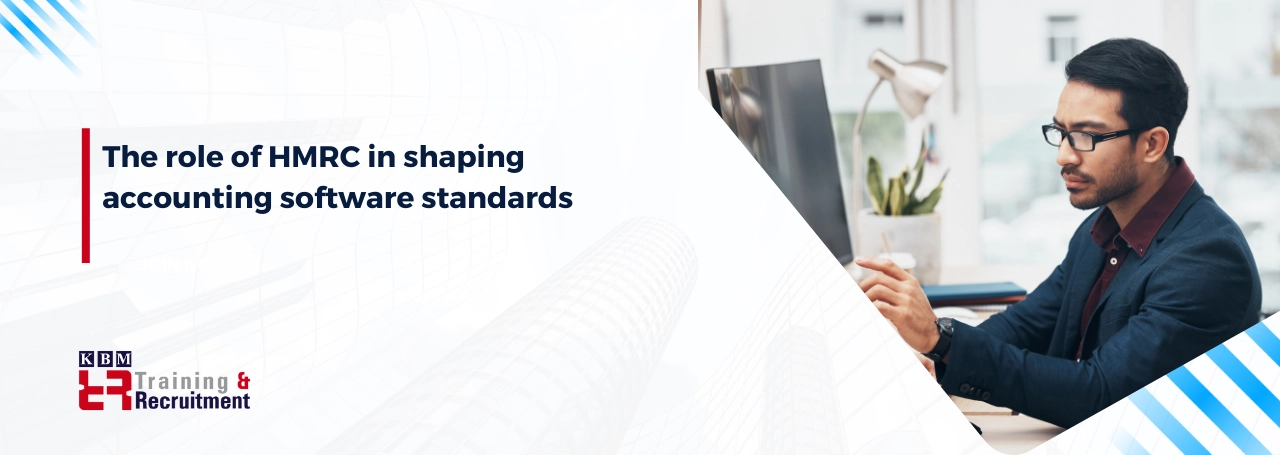HMRC is the UK government tax authority; that is, it collects taxes and makes sure that people and businesses know what they should do to observe UK tax laws. One of its functions is that it ensures that accounting software used within financial management services meets a particular standard. We are going to discuss how HMRC impacts accounting software and why this matters to businesses.
Tax compliance
One of HMRC's core responsibilities is to make sure that people pay only what they ought to. In this, HMRC has established Making Tax Digital, or MTD for short. This new statute mandates businesses whose turnover stands over a certain amount to prepare their financial records digitally and file their tax returns using compliant software.
Because of this, developers now must design software that facilitates businesses in complying with ease with the tax law and, therefore, at no extra cost.
HMRC standards
HMRC has its own technical standards that accounting software needs to meet to qualify as HMRC-compliant. The standards include a secure exchange of data, timely reporting, and an assurance that the product operates smoothly with HMRC systems.
HMRC's set guidelines give firms an added guarantee that they use robust accounting software for their bookkeeping. It means therefore, that the developers should invest considerable time and resources toward such standards, which make accounting software much more formidable and more secure.
Enabling innovative ideas
Though HMRC lays out the rules, it also inspires innovation in the accounting software market. When HMRC provides clear guidelines, developers are free to perfect their software without worrying about any problems related to compliance. This will ultimately lead to automatic tax calculations, real-time reporting, and other new features that help ease the jobs of businesses while accounting.
Security of data
It is necessary that data protection should be provided among businesses, including HMRC and those using accounting software. The software used by HMRC fully supports keeping in line with all the data protection laws, such as GDPR. In this manner, key financial information about other people cannot be accessed, and data breaches cannot be allowed. Another reason for creating trust in the digital accounting system is when HMRC sets its standards for security. Many businesses are expected to use such solutions.
Make available support and resources.
HMRC updates and notifies businesses and software developers to ensure it becomes informative as well as accessible on the resources. On the webpage of HMRC, tax rules, MTD, and how to use accounting software precisely can be referred. HMRC works with software developers as well as other organizations for making standards understandable as per needs. Co-working between them enables accountancy software friendly enough as well as suitable enough to meet the demands of tax regulation.
Conclusion
HMRC has enormously contributed towards the standard setting of UK accounting software. Innovation will be integrated with data for securing within available resources to help contribute towards the development of a better accounting environment for businesses as HMRC's guide gives growing importance due to the fact that more and more companies are relying on digital solutions to manage their finances.






















